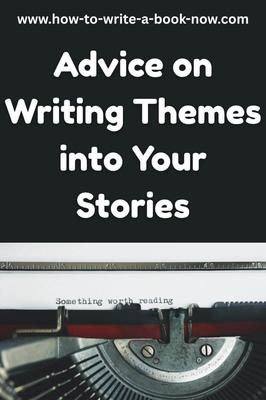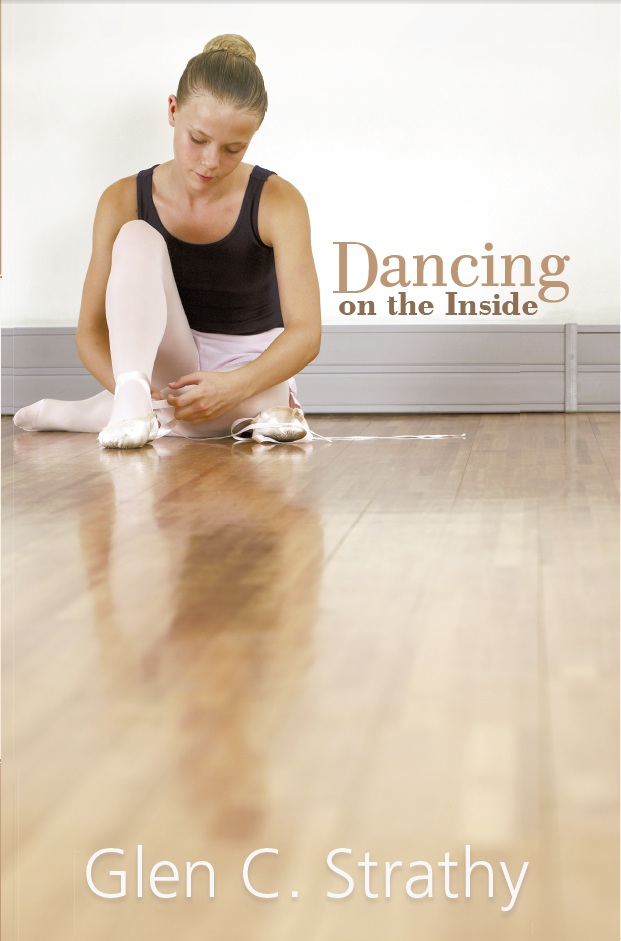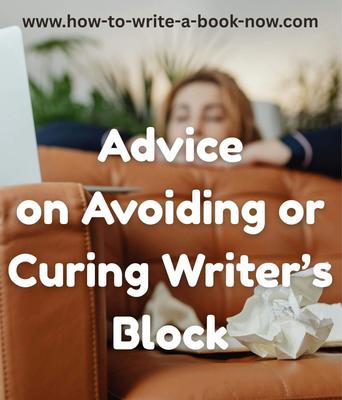Low self esteem
by indi
(philippines)
Question: I've been writing ever since I was 6 years old but the only people who have ever read it are my mom and dad. Now I'm 17 years old and I just finished a novel I've been working on since I was 16 and I'm currently turning 18 this November of 2016, yet I'm to shy to show anyone my work. The thought that's blocking me is "maybe I'm just to young to get my things published" and "it isn't good enough" I don't know what to do.
Answer: It's a huge leap to go from a having never shown your work to anyone to seeking a publisher, so no wonder you're nervous.
In fact, looking for a publisher now could be a mistake. Most writers collect a lot of rejection letters from publishers before selling a book. It takes a lot of faith in yourself to get so much rejection and still keep trying. If you don't have that faith, you may give up too soon.
What you should probably do is find some other people to show your writing to first, people who you trust and whose opinions are worth something. (Obviously your parents will be a little biased.) That way, you get other opinions on your writing, but in a much safer arena.
You might consider taking a course on writing (online or in person) so you can get comments from an instructor.
Or you might consider joining a local writers group. Lots of places have these, and there are larger organizations you can join as well. Many writers groups offer critique circles where everyone reads each other's work and gives helpful comments.
Of course, groups vary. Ideally, you want to find a group with writers more experienced than you and where the atmosphere is truly supportive and helpful. So don't be afraid to try a few before settling on one.
Sometimes established writers will agree to read your work as well (though many don't have the time). Look to see if a local university or library has a "writer-in-residence" program.
The point of getting this feedback is to...
1. Help you make your writing the best it can be. Most people's writing improves with feedback. If it turns out that your writing has a lot of room for improvement, it's better to find out before you approach publishers, so you can make revisions. (Of course you have to
2. Gain confidence. If you show your writing to a number of knowledgeable people and they give you consistently good feedback (whether right away or after revisions), then getting a rejection letter from a publisher will not be so devastating.
It's easy to tell yourself that a rejection means "my writing isn't good enough." But there are lots of reasons why publishers reject books, such as...
* It's not the right genre for them.
* They can only buy so many books a year, and they're concentrating on a different type of book at the moment.
* That particular editor's taste runs in a different direction.
* They had an unusually high number of excellent submissions just before you approached them, so they have already bought all the books in your genre they are going to for the next two years.
Etc.
If a number of knowledgeable people have told you your writing is good, you can handle the rejection better and be more willing to try the next publisher.
Confidence is a thin tightrope writers have to walk. Too much confidence is bad, because it can make you unwilling to listen to helpful criticism. It can hold you back from taking your writing to the next level.
On the other hand, too little confidence means your work will just sit in a drawer or on a hard drive and never see the light of day. Your potential will remain unrealized. Or it might mean that you take every bit of criticism too seriously without exercising your own judgment.
My guess is that if you did all the work to write a novel, you want people to read your work, even if just a few people. Just bear in mind that many writers have to write several novels before they sell one. But the work they do on those first novels is what hones their ability.
Incidentally, being young is not necessarily a liability. Young authors are rare, but they do exist. It sounds like you have already put in a lot of work building your skills (not many teenagers have the drive, the discipline, nor the ability to write a whole novel). But you can progress much faster with feedback from other writers.
Best of luck.
- Home
- Writing Questions
- Low self esteem















